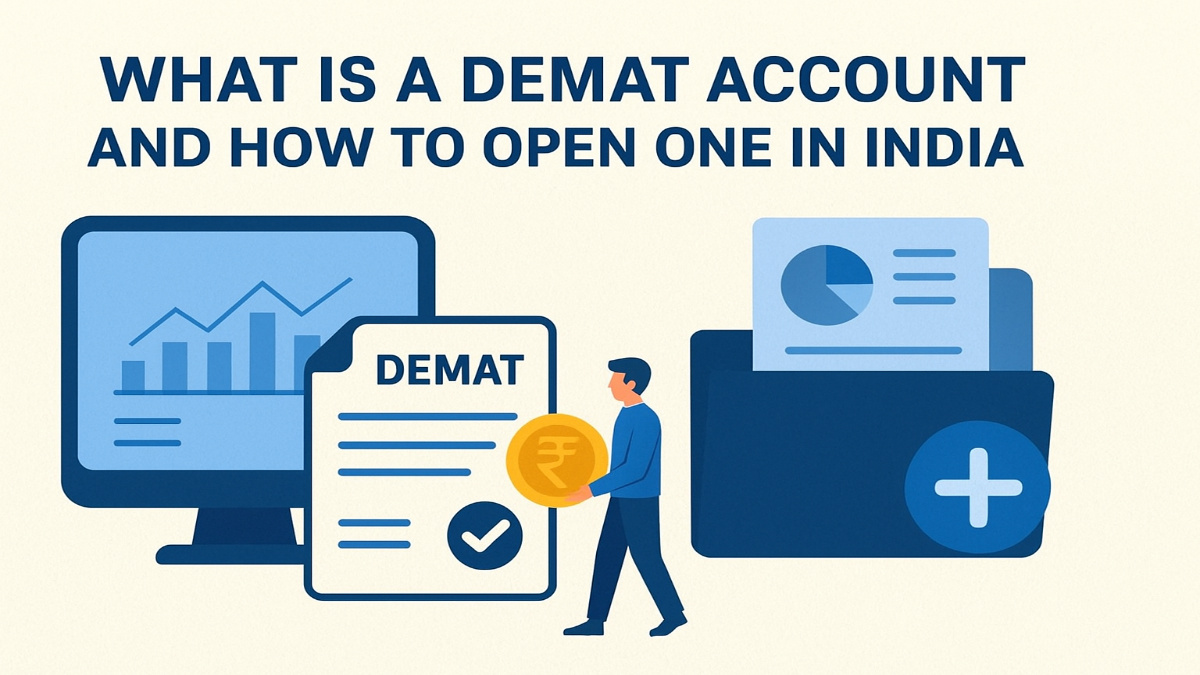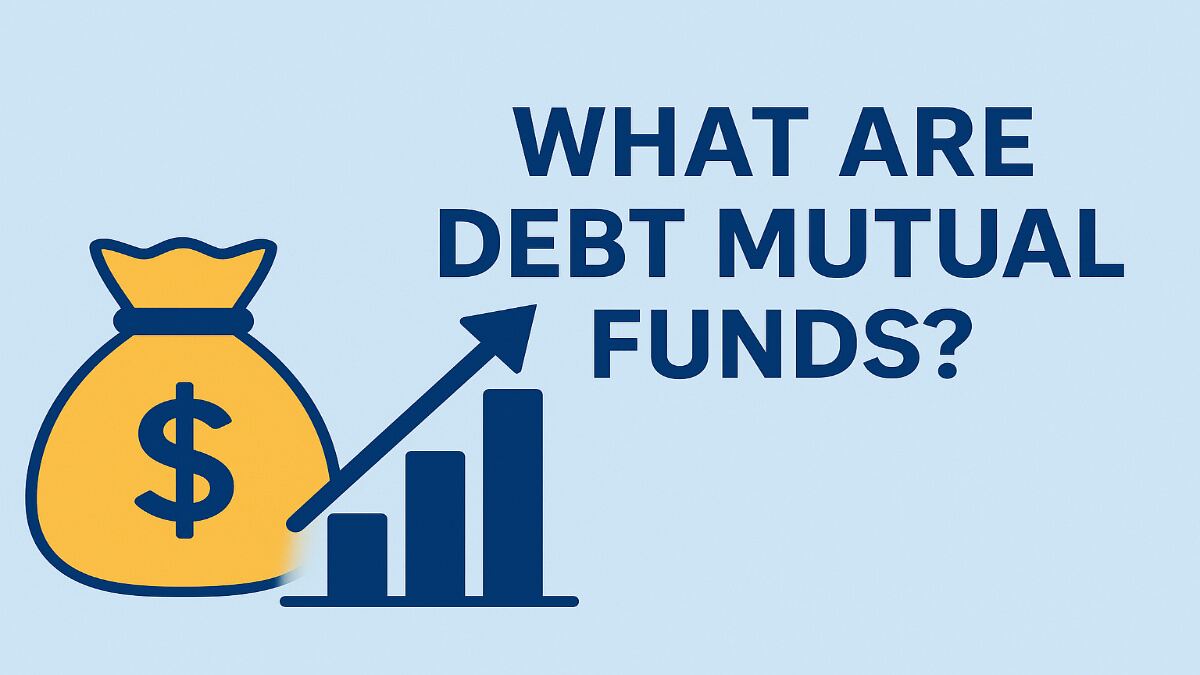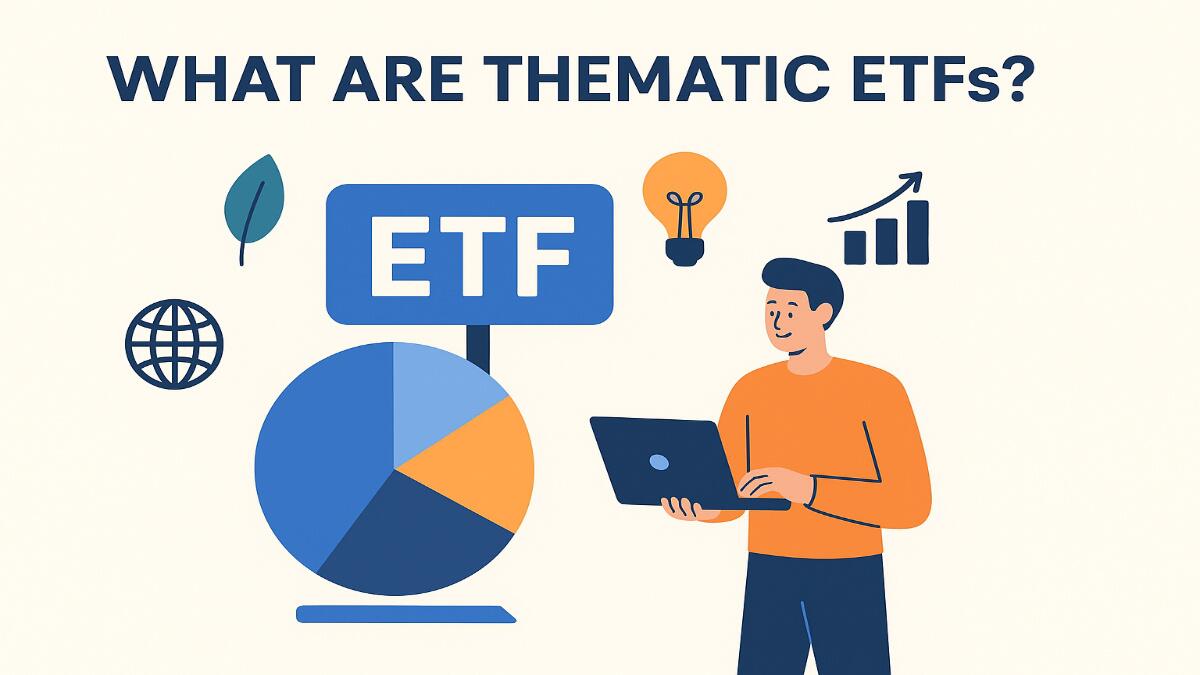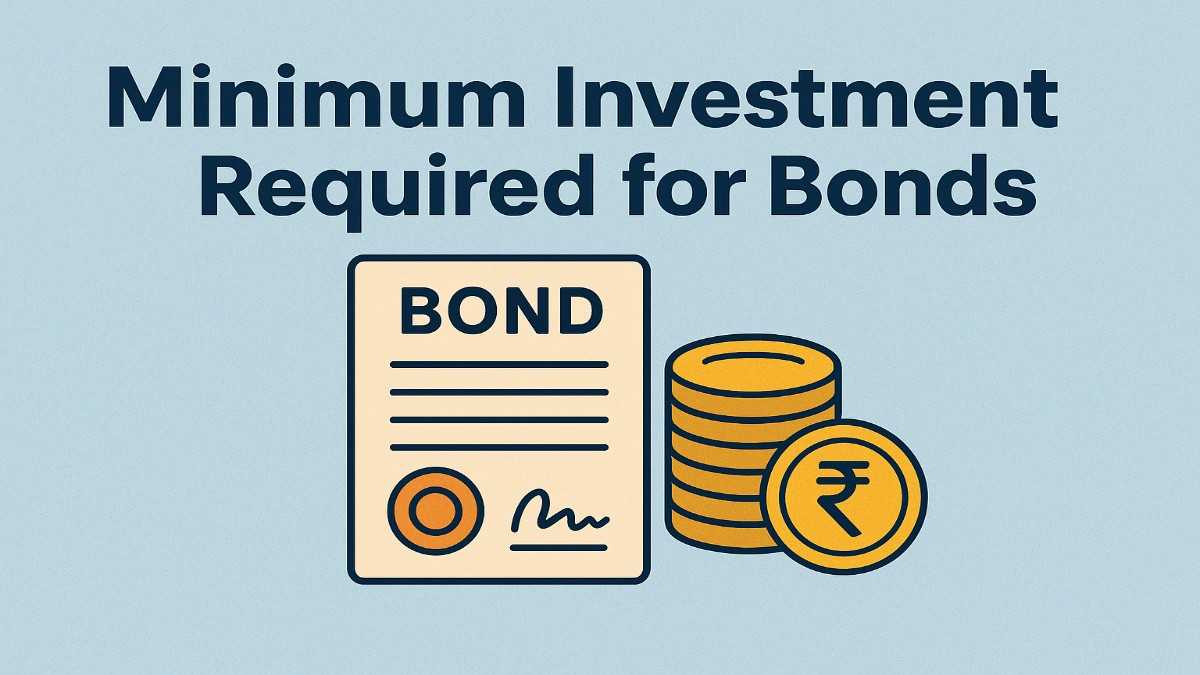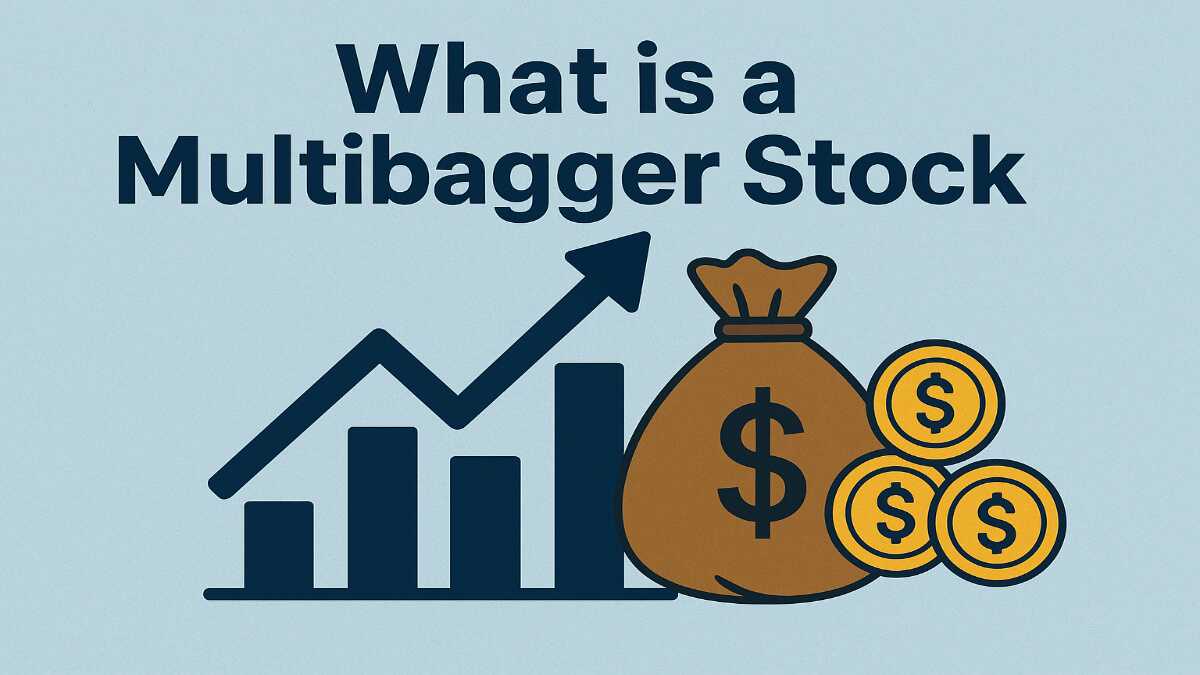Cryptocurrency has taken the world by storm, and India is no exception. With over 107 million Indians engaging with digital assets, it’s clear that cryptocurrencies are more than just a trend—they’re reshaping how we think about money. But what exactly is cryptocurrency, and how does it work? In this detailed guide, we’ll break down everything you need to know about cryptocurrency in simple English, with a focus on its relevance to India in 2025. This aticle learn What is Cryptocurrency and How Does It Work?
Table of Contents
Introduction to Cryptocurrency
Cryptocurrency is a digital or virtual currency that uses cryptography for security. Unlike traditional money, like the Indian Rupee or US Dollar, cryptocurrencies are not issued by any central authority, such as a government or bank. Instead, they operate on decentralized networks called blockchains, which ensure secure and transparent transactions.
In India, cryptocurrency has gained significant traction. As of 2025, the global cryptocurrency market cap has surged to $3.68 trillion, with Bitcoin reaching $118,000. With millions of Indians investing in crypto, it’s essential to understand what it is and how it works. This guide will cover the basics, history, types, uses, risks, and the latest developments in cryptocurrency, with a special focus on India.
What is Cryptocurrency?
Cryptocurrency is a form of digital money that exists only in electronic form. It’s designed to be secure, transparent, and resistant to fraud. Here are the key features of cryptocurrency:
- Decentralization: Cryptocurrencies are not controlled by any single entity, like a government or bank. They run on a network of computers worldwide.
- Blockchain Technology: Transactions are recorded on a public ledger called a blockchain, which ensures transparency and immutability.
- Cryptography: Advanced encryption techniques secure transactions, ensuring only the owner can spend their cryptocurrency.
- Pseudonymity: Users can transact without revealing their real identities, though transactions are traceable on the blockchain.
The most famous cryptocurrency is Bitcoin, but thousands of others, known as altcoins, exist, such as Ethereum, Ripple, and Litecoin.
History of Cryptocurrency
The idea of cryptocurrency dates back to the 1980s, but it became a reality in 2009 with the launch of Bitcoin. Here’s a brief timeline:
- 1983: David Chaum proposed ecash, an anonymous cryptographic electronic money system.
- 1998: Wei Dai described b-money, and Nick Szabo outlined bit gold, early concepts of digital currencies.
- 2009: Bitcoin, created by Satoshi Nakamoto, became the first decentralized cryptocurrency, introducing blockchain technology.
- 2011-2012: Altcoins like Litecoin and Peercoin emerged, offering alternatives to Bitcoin.
- 2015: Ethereum introduced smart contracts, enabling more complex applications.
- 2025: The cryptocurrency market cap reached $3.68 trillion, with Bitcoin hitting $118,000 and new projects like Unich and Ari Wallet launching.
Cryptocurrency has seen periods of rapid growth and crashes, but its adoption continues to grow, especially in India.
How Cryptocurrency Works
Understanding how cryptocurrency works requires knowing about blockchain, consensus mechanisms, and cryptography.
Blockchain Technology
A blockchain is a decentralized, distributed ledger that records all transactions across a network of computers. Each block contains a list of transactions, and once added to the chain, it cannot be altered. This ensures transparency and security.
Consensus Mechanisms
Cryptocurrencies use consensus mechanisms to validate transactions and add them to the blockchain:
- Proof of Work (PoW): Used by Bitcoin, miners solve complex mathematical problems to validate transactions, earning new coins as rewards.
- Proof of Stake (PoS): Used by Ethereum (post-2022), validators are chosen based on the number of coins they hold and stake, making it more energy-efficient.
Cryptography
Cryptography secures transactions by using public and private keys:
- Public Key: Like an address, it’s shared to receive cryptocurrency.
- Private Key: Like a password, it’s kept secret and used to sign transactions.
This ensures that only the owner can spend their cryptocurrency, making it secure.
Types of Cryptocurrencies
There are over 25,000 cryptocurrencies as of 2025, but they can be categorized as follows:
| Type | Description | Examples |
|---|---|---|
| Bitcoin (BTC) | The first cryptocurrency, often called “digital gold” due to its limited supply. | Bitcoin |
| Altcoins | Alternatives to Bitcoin, offering different features or use cases. | Ethereum, Ripple, Litecoin |
| Stablecoins | Pegged to fiat currencies to reduce volatility. | Tether (USDT), USD Coin (USDC) |
| Tokens | Digital assets issued on existing blockchains, used for various purposes. | Utility, Security, Governance |
- Bitcoin: Known for its store of value and limited supply of 21 million coins.
- Ethereum: Supports smart contracts and decentralized applications (dApps).
- Ripple (XRP): Designed for cross-border payments.
- Stablecoins: Reduce volatility by being pegged to assets like the US Dollar.
- Tokens: Include utility tokens (e.g., Filecoin for storage) and security tokens (e.g., representing real estate).
How to Buy and Store Cryptocurrency

Buying Cryptocurrency
To buy cryptocurrency in India, you can use exchanges like WazirX, CoinDCX, or Binance. Steps include:
- Create an account on a trusted exchange.
- Complete KYC (Know Your Customer) verification.
- Deposit funds via UPI, bank transfer, or other methods.
- Buy your desired cryptocurrency, like Bitcoin or Ethereum.
Storing Cryptocurrency
Cryptocurrencies are stored in digital wallets:
- Hot Wallets: Online wallets (e.g., on exchanges) are convenient but less secure.
- Cold Wallets: Offline hardware wallets (e.g., Ledger, Trezor) are safer for large amounts.
Security Tips:
- Use strong passwords and enable two-factor authentication (2FA).
- Keep your private keys offline and never share them.
- Be cautious of phishing scams and fake websites.
Uses of Cryptocurrency
Cryptocurrencies have a wide range of applications:
Payments
Some merchants accept cryptocurrencies, though this is limited in India due to regulations.
Investing
Many Indians buy cryptocurrencies as investments, hoping for price appreciation. For example, Bitcoin reached $118,000 in July 2025.
Smart Contracts and DeFi
Ethereum enables decentralized finance (DeFi) applications, allowing lending, borrowing, and trading without banks. Smart contracts are self-executing agreements written in code.
Non-Fungible Tokens (NFTs)
NFTs are unique digital assets representing ownership of items like art or music. They’ve gained popularity in India, with artists minting NFTs on platforms like Ethereum.
Risks and Challenges
Cryptocurrency offers opportunities but also comes with risks:
Volatility
Prices can fluctuate significantly. For example, Bitcoin’s price can drop or rise by thousands of dollars in a day.
Security Risks
Hacks, scams, and phishing are common. Exchanges and wallets can be targeted, leading to loss of funds.
Regulatory Uncertainty
Regulations vary by country and can change. In India, cryptocurrencies are legal but operate in a grey area, with ongoing discussions about new rules.
Environmental Impact
Mining, especially for Bitcoin, consumes significant energy, raising environmental concerns. However, Ethereum’s shift to Proof of Stake has reduced its energy use by 99.9%.
Cryptocurrency in India
As of 2025, India’s cryptocurrency landscape is a mix of cautious regulation and rapid adoption.
Legal Status
Cryptocurrencies are legal to buy, sell, and hold but are not recognized as legal tender. They are classified as Virtual Digital Assets (VDAs) under the Income Tax Act.
Taxation
- 30% Tax: Income from cryptocurrency transactions is taxed at 30%, plus applicable surcharges and cess.
- 1% TDS: A 1% Tax Deducted at Source is applied on each transaction.
- The VDA Income Tax Amendment Bill (February 2025) expanded the scope to include NFTs.
Regulatory Bodies
- SEBI: Began monitoring crypto tokens resembling securities from April 1, 2025.
- RBI and Finance Ministry: Part of a proposed multi-agency regulatory model.
- FSB Review: India is preparing for a Financial Stability Board review in October 2025 to align with global standards.
Adoption
Over 107 million Indians are engaged with crypto, making India a major player in the global market. Popular exchanges like WazirX and CoinDCX have fueled this growth.
Latest Developments in Cryptocurrency (2025)
The cryptocurrency space is evolving rapidly. Here are key developments as of July 2025:
| Development | Details |
|---|---|
| Market Performance | Market cap reached $3.68T, with Bitcoin at $118,000 and Ethereum near $3,000. |
| Regulatory Updates | GENIUS Stablecoin Act introduced; SEC vs. Ripple case resolved. |
| Technological Advancements | Solana overtook BNB as #4 by market cap; BNB’s Maxwell hard fork improved speed. |
| New Projects | TGEs for Unich, Ari Wallet, and others launched in July 2025. |
- Market Surge: Bitcoin hit $118,000, with predictions of reaching $200,000.
- Regulatory News: The SEC vs. Ripple case concluded, potentially clarifying regulations.
- Technological Upgrades: Solana and BNB saw significant advancements, boosting their adoption.
FAQs
What is blockchain?
Blockchain is a decentralized ledger that records transactions across many computers, ensuring transparency and security.
Is cryptocurrency legal in India?
Yes, it’s legal to buy, sell, and hold cryptocurrencies, but they’re not legal tender. They’re taxed at 30% with a 1% TDS.
How can I buy cryptocurrency?
Use exchanges like WazirX or CoinDCX. Create an account, complete KYC, deposit funds, and buy your desired cryptocurrency.
What are the risks of investing in cryptocurrency?
Risks include price volatility, security threats, regulatory uncertainty, and environmental concerns from mining.
What is the difference between Bitcoin and Ethereum?
Bitcoin is a store of value and medium of exchange, while Ethereum supports smart contracts and dApps.
Conclusion
Cryptocurrency is transforming finance, offering a decentralized, secure, and transparent way to handle money. In India, with over 107 million users, it’s a growing phenomenon despite regulatory challenges. As of 2025, the market is booming, with Bitcoin at $118,000 and new regulations on the horizon. By understanding how cryptocurrency works, its risks, and its potential, you can make informed decisions in this exciting space.
Disclaimer: Moneyjack.in provides general financial information for educational purposes only. We are not financial advisors. Content is not personalized advice. Consult a qualified professional before making financial decisions. We are not liable for any losses or damages arising from the use of our content. Always conduct your own research.







